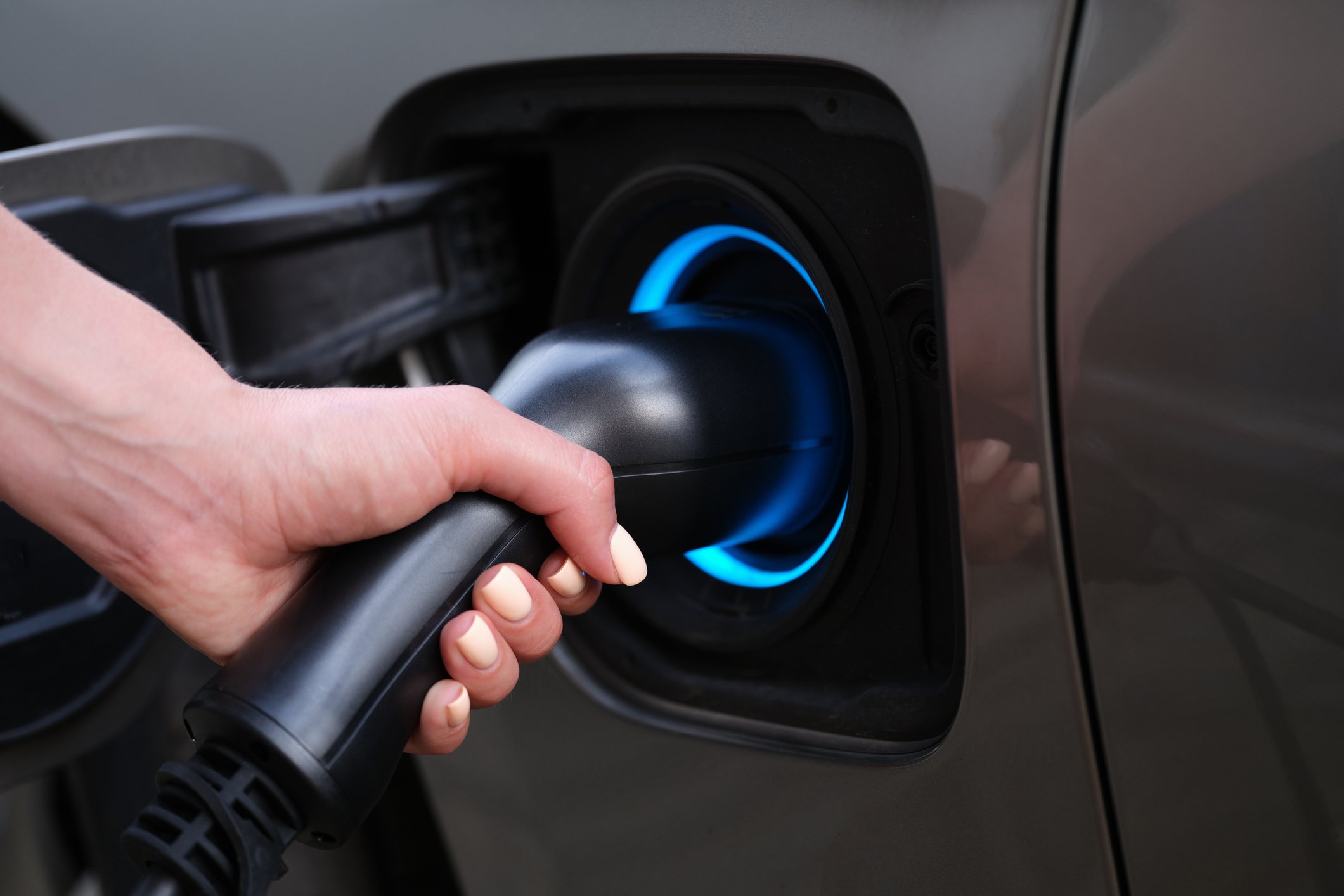Tesla Motors (TSLA 0.16%) has been working with Toyota for a number of years now, but the bread and butter of their relationship is being discontinued. Shareholders have little to worry about, though, because Tesla is covering its bases.
Toyota got Tesla on its feet
In May of 2010, Tesla and Toyota began to cooperate on the development of electric vehicles. At that time, Tesla received substantial support from the Japanese carmaker in the form of parts sourcing and production and engineering expertise for the Model S. During that same time frame, Tesla entered into a joint venture with Toyota and Motors Liquidation Company in order to purchase what is now the Tesla Factory.

Source: Tesla
You scratch my back...
By the time July of that year rolled around, the companies agreed to have Tesla develop the power train for Toyota's RAV4 EV. They took their relationship to the next level in October 2010, when the companies entered into a contract services agreement in which Tesla agreed to develop a validated power train system, which included the battery, power electronics module, motor, gearbox, and associated software. All of this was completed in the first quarter of 2012. Basically, the RAV4 EV is a Tesla dressed up in Toyota's robes.

Source: Toyota
Adios RAV4 EV
As of the end of 2013, Tesla shipped more than 1,600 full-electric power train systems for Toyota's RAV4 EV. The electric-car maker expects to complete shipment of its electric power trains for the current RAV4 EV by the end of 2014, at which point, the model will be discontinued. Toyota has never been a big fan of non-hybrid EVs, but in order to earn California Air Resources Board -- Zero Emission Vehicle, or CARB-ZEV, credits, it has to sell 2,600 zero-emission vehicles by year's end.
According to the site Insideevs.com, if Toyota produces all 2,600 RAV4 EVs, then its program cost will be around $98.8 million. It doesn't make a lot of sense for Toyota to continue to drop so much cash into a car it doesn't believe in, especially when the company could just purchase the CARB-ZEV credits outright in order to sell its gas-powered vehicles in California. It looks like Toyota has chosen to move away from purely electric vehicles altogether; it has unveiled a hydrogen counterpart, scheduled to make its way onto California streets by year's end.
A little goes a long way
The Tesla-Toyota relationship has allowed the electric-car maker to gain a great deal of credibility by making a name for itself as an EV supplier to such a large manufacturer. And this is despite the fact that Tesla's development services revenue, the amount the company makes from providing EV components to other manufacturers, has been shrinking in the past few years; but shareholders have little to worry about.

Source: Tesla's annual reports
It's possible that Tesla won't pay too much mind to its development services division, especially if it classifies its Gigafactory as its own operating segment once it comes on line. The company has many more prospects to focus on as it moves forward into China, Europe, and into its new stationary power product lines.
What now?
So what's next for these long-standing friends? Well, with just less than 3 million shares of Tesla's common stock, Toyota isn't going to leave Tesla alone anytime soon. The discontinuation of Toyota's RAV4 EV shouldn't worry investors, especially considering the negligible contribution that development services made to Tesla's revenue last year.
With the Gigafactory in the works, and Tesla's history of supplying quality EV components to Toyota, it looks like the electric-car maker will be making even more of a name for itself both as a supplier -- and competitor -- to some of the world's biggest automakers. Shareholders shouldn't worry about the downward trend of Tesla's development services revenue in recent years. The company chose wisely to concentrate its efforts on production and delivery of its most vital product line -- its cars.







